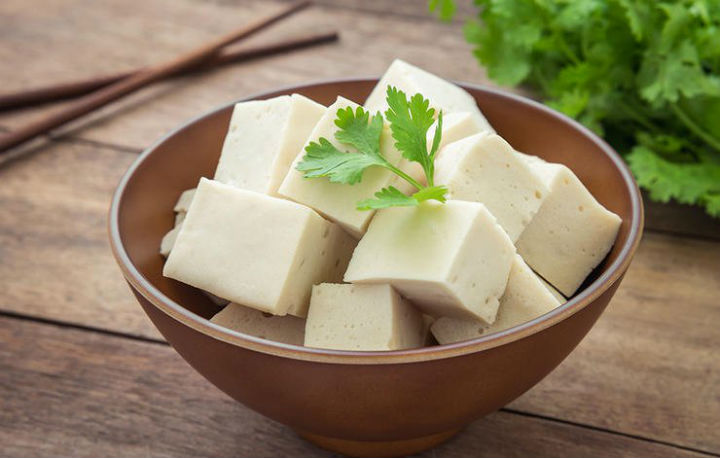A crackdown on unsafe foods by the Palembang local government has netted two home-based industries selling dangerous food and prompted renewed calls for all in Indonesia to be aware of what it is they are consuming.
The phenomenon of tainted and unsafe foods is common but typically increases during Ramadan. Two business were found to be operating without production licenses during the June 12 sweep.
Formalin is a clear aqueous solution of formaldehyde and methanol used as a preservative. It is carcinogenic and known to damage the body if consumed.
Hasan, an owner of one of the home industries exposed, said he was aware that he was using formalin, but continued to use it and sell the tofu at Pasar Jakarbaring.
“This business was inherited from my father and has been running for five years. But we were just using the formalin only from the beginning of Ramadan to make the tofu last longer,” Hasan said.
Palembang Vice Mayor Fitrianti Agustinda said she was disappointed to learn two out of three tofu producers use formalin, particularly as tofu is one of the most commonly consumed foods in the country. Agustinda said producers found to be using the chemical will face heavy sanctions.
“We deeply regret the fact that there still are these kinds of people who do something like this in the society. I will surely coordinate with related authorities to discuss the appropriate sanction to be given to the producer, as well as investigating the chemical substance supplier,” Agustinda said, as quoted by Detik.
Authorities put an immediate end to the producer’s licenses.
“We will also halt the issuance of their production license because what they have done is very dangerous for a large amount of people,” Agustinda said.
Such startling cases of what is known as ‘fake food’ is not uncommon across the country, particularly for sale in local traditional markets and produced by home industry workers.
A recent case shortly before Ramadan in May saw the South Sulawesi Food Investigation Police uncover a ring distributing illegally refined sugar from a warehouse in Makassar.
The warehouse owner told investigators the clandestine set-up had been operating for around two years. Police found 3,500 tonnes of refined sugar stored in the warehouse.
Police Criminal Investigation Unit Spokesperson Agung Setya said the sugar was packaged into one kilogram packages to be sold to customers for household purposes.
A 2004 Ministry of Industry and Trade Decree said refined sugar is allowed only for industrial purposes and not direct consumption, due to health risks such as diabetes if consumed regularly. The consumption of refined sugar also increases mineral depletion and can damage the nervous system or lead to osteoporosis.
Food safety is a consistent issue in Indonesia, with these recent cases proving that while authorities work hard in helping keep consumers safe it is important exercise caution and ensure food is safe and clean.
See: Consumers Beware: Fake Peppers Close Kitchen
Image credits: Prevention




